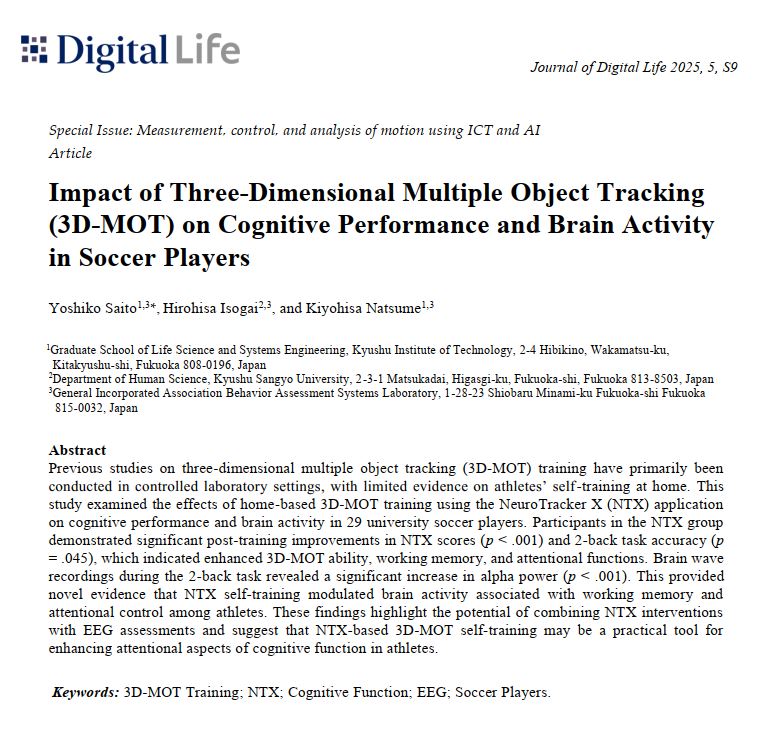Welcome to the Research and Strategy Services at in today's fast-paced.


Pretty much everyone knows exercise can improve your physical health, but did you know that benefits between the ears can also be profound? A growing field of neuroscience research is showing that not only can your brain become healthier, but working out can also boost your cognitive prowess. Here are five key reasons to get your heart pumping.
Even on apparently quiet days, our increasingly digital lifestyles mean we are often bombarded with competing information coming at us from all angles. The cost is distraction.
Fortunately, research shows that physical fitness can boost our ability to concentrate and focus on what we need to, when we need to. If you’re not so fit now, the good news is that exercise helped research participants do better on challenging cognitive tasks, both for existing sports people, and those new to exercise.
Found in the ‘command centers’ of the brain, executive functions are basically the mental muscles that make us more intelligent than the great apes. Among others, this includes street smarts such as decision-making, task switching, and attention.
A scientific review of exercise studies found that overall, physical activity is an effective way to optimize higher level brain functions. What’s even better is that positive effects were found for all ages of healthy people. In another review, it was found that for unfit people who started exercising, heightened executive functions was the biggest cognitive benefit.
There is some interesting new research showing that high-intensity exercise, following tasks that involve remembering information, helps people retain the information better. As long as it’s followed by a decent night’s sleep.
However, it’s also known that working memory is improved with regular exercise. Though it doesn’t sound too exciting, working memory is a powerful system in the brain that drives processing of multiple streams of information on the fly. A 2014 study showed that 30-minute workouts of moderate intensity exercise significantly increased working memory afterwards.
There are times when you have to juggle several things at once going on around – anyone with children will know this well! In busy environments or workplaces, staying on track often means being able to switch mental focus from one thing to another quite frequently. Rather than actually multitasking, this is how most people function at their best – by using cognitive flexibility.
In one study, frequent aerobic exercise over 10 weeks was evaluated to see if it had an effect on a cognitive flexibility. It improved, along with attention and processing speed – two mental skills that are strongly interrelated with flexibility. It was also found that more aerobic exercise equated with larger benefits. Therefore running, cycling and swimming could be great ways to boost these cognitive abilities.
Inhibition varies from one person to the next. Whether it’s resisting a sticky donut when on a diet, or not saying something in the moment later regretted, self-control is key. If we are lacking in impulse control, then we quickly fall prey to poor decision-making that affects our careers, health and social relationships.
The British Journal of Sports Medicine Exercise published a meta-review of studies with children through to adults aged 35, testing this kind of impulse control. They found that just short bouts of exercise improved inhibition and response control. This provides a strong indication that physical activities can change human behavior in positive ways.
These are five ways that physical fitness can lead to mental fitness, but other research also shows benefits for mood, confidence and stress relief. So the next time you are working out, think about the positive effects you might be getting between the ears!
If you’re also interested in how training the mind can improve sports performance, then check out this blog.







Welcome to the Research and Strategy Services at in today's fast-paced.

If your thinking feels slower than usual, it doesn’t automatically mean something is wrong. This guide explains common short-term causes, normal cognitive variability, and how to interpret changes calmly over time.

Many professional roles require cognitive performance to be sustained over long periods rather than demonstrated briefly. This article explains how sustained cognitive load shapes performance in knowledge-work and monitoring environments.

An overview of the important interpretational difference between temporary changes in brain state, and durably lasting changes in cognitive capacities.
.png)